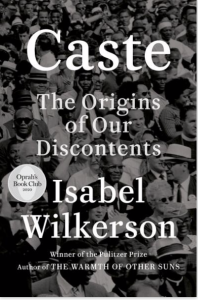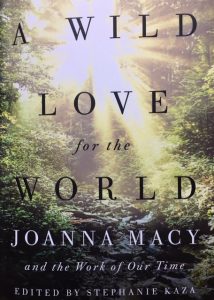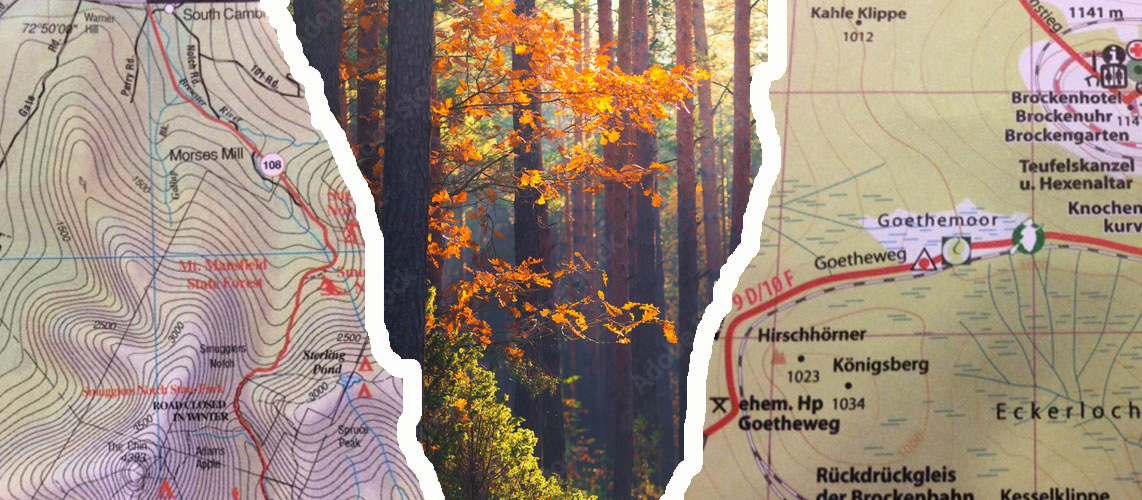
There is a German expression to describe the time between Christmas and New Year’s: Zwischen den Jahren, or “between the years.” It’s not that that time span of seven days is between any two years; what matters is the feeling of having a chunk of secret extra time. Time that is safe from work meetings, dentist appointments, soccer games, car inspections, or any of the other myriad things that mysteriously fill up all the other weeks on your calendar. A gap in time, at least on the calendar.
During the time leading up to the holidays, you will often hear Germans make plans for “between the years,” with audible relief that it will be easier to find a time for getting together with friends then, or clean up piles that have accumulated around the house, or take care of other random things that don’t fit on any calendar.
Another traditional use of that gap in time is to reflect on the year that is coming to an end and perhaps come up with some good intentions, some kind of view for the year to come. A positive view, ideally.
To properly reflect on a year like 2020 is not an easy thing. Even being able to reflect feels like something of a luxury reserved for those, like me, who have not worked ourselves to utter exhaustion saving lives or providing essential services, and who still have a good roof over our heads.
And even for us fortunate ones, reflecting on all the shattering things that have happened stretches the limits of what a human heart and mind can take in. The scale and number of calamities feels biblical and overwhelming. How does one process all this? And how does one come by a positive view toward the future?
I believe that each person, somewhere deep down, knows their sources of strength and renewal. I’ll share a few of mine here, as an offering for anyone too tired or exhausted to remember their own.

- A walk in the woods. “In these woods, we return to reason and faith,” Ralph Waldo Emerson wrote some 170 years ago. As far as I can tell from my own experience, he was absolutely right. It does not have to be any special woods or a day-long hike, either. I grew up in an apartment building next to an Autobahn, but between the two was a scraggly patch of woods that to my childhood self was “the little forest,” a place of freedom and refuge.
Robert Michael Pyle wrote about these kinds of places as antidotes to what he calls “the extinction of experience,” by which he meant the absence of contact with nature that shapes so many modern lives. Considering that several of the calamities – the pandemic, the wildfires – are rooted in the way we humans relate to the rest of the natural world, this is about more than refuge, or perhaps about nature as the ultimate refuge.
- A mindfulness technique called “touch and go.” The simple instruction is to touch in with whatever we are experiencing – to let ourselves feel what we feel – and then to let go of it, rather than get stuck in it. The idea is, at bottom, to remain human, to strengthen the heart when the temptation might be to cut ourselves off from all feelings.
Of course, it is also allowed to use this technique on positive experiences, and to feel gratitude for those. Moments of beauty, moments of connection, even if only via a video chat. With those, too, the point is to feel them but not get carried away by them, so we can be present for the next moment.

- A motto I adopted from the German singer-songwriter Wolf Biermann. In a radio interview earlier this year, he spoke of rabenschwarze Zuversicht – a raven-black faith in the future.
Biermann is not one who has come by his Zuversicht lightly. When he was six years old, his father was murdered by the Nazis because he was a communist and a Jew. Biermann describes this early loss as the “lifelong wound that cannot heal,” the fundamental grief underneath everything he has done and felt since then. It was also the fuel behind his decades-long argument with the East German government, a draconian government that did not take criticism lightly. Biermann was a faithful communist himself for the first five decades of his life – faithful in the principles of equal rights for all, that is; not the totalitarian political reality practiced by his government. In return for his critical songs and poems, he was spied on, prohibited from performing and publishing, and eventually kicked out of the country.
So Biermann knows something about raven-black times, about grief and adverse circumstances and Zuversicht. His autobiography, by the way, is a fascinating account of 20th century and contemporary German history. So far, it is only available in German but you can find a short overview in English here.
- A reading retreat, whether for an hour or a day, or more. Trying to better understand the calamities of our time is a helpful step in discerning where we can make a difference. Here are two more recommendations, for those with the luxury of time to read:

Caste: The Origins of Our Discontents, by Pulitzer-prize-winning author Isabel Wilkerson. Especially in this year that showed so brutally what Black people are up against every day in the United States, this book provides a profound look at, well, the origins of our discontents. Wilkerson uses the term caste because “is more precise [than race]; it is more comprehensive, and it gets at the underlying infrastructure that often we cannot see, but that is there undergirding much of the inequality and injustices and disparities that we live with in this country.”

A Wild Love for the World:
Joanna Macy and the Work of Our Time, edited by Stephanie Kaza.
This book is a living memorial to poet, Buddhist teacher, environmentalist, and Rilke translator Joanna Macy’s work. One that is not afraid to talk of darkness and what Macy calls “despair work.” Truly a book of Zuversicht.
- Listen to one piece of good music. In Germany’s other great poet’s (Goethe’s) words, “Every day we should hear at least one little song, read one good poem, see one exquisite picture, and, if possible, speak a few sensible words.” One of my favorites is Bach’s cello suite no. 1. You can listen to it here, performed by Mischa Maisky.
With that, and with my mother’s words, I wish you all a strong new year.

Kerstin, I have always noticed gap time and never thought about how precious and stolen it feels. I love thinking about it more clearly. Thanks for all the lovely writings you share. I will check out the books you recommended, too!
Nature, books, music — all wonderful experiences as we enter a new year. Thank you for this. Have a happy, strong, and joyous year ahead!
Thank you for the thoughtful commentary on our times, the links to further reading and some very good music. I’ve been a huge fan of Joanna Macy ever since I ran across her video on the internet describing “The Shambhala Warrior Prophecy”. Here’s a link:
Thank you so much for posting this, Eric.
“…so you need the insight into the mutual belonging of everything that is interwoven into the web of life. And then you know that this is not a war between good and evil, but that the line between good and evil runs through the landscape of every human heart. ”
“… and you need the heat of compassion.”
Compassion and insight.
Terrific suggestions for moving on from a most troubling year. Thank you for your wonderful writing, hopes and wishes. We send back the same.
Thank you so much Paige! Sending hugs.
Dear Kerstin, deine Worte sind ein großer Ausdruck der Hoffnung für das Neue Jahr. Sie werden mich durch das Jahr begleiten und mir Kraft geben für die Zeit des Wartens auf ein Ende der Pandemie fern der Heimat. Vielen Dank und fühle dich begleitet, deine Trixi
Vielen Dank liebe Trixi; ich fühle mich begleitet! Ja, fern der Heimat auf das Ende der Pandemie warten, das bedarf rabenschwarzer Zuversicht. Dir und Euch ein starkes Jahr!
an article rich in offerings for this new year- thanks for the cello concert, which was a real bonus!
I thought you would appreciate that Julie. What would we do without Bach?? And cellos?
Thank you, Kerstin, for using some of your in-between time to put together this reflection and suggestions list. I think it fulfills your sensible words quota for several months 😉 Seriously, this is beautiful and packed with grounded optimism.
Thank you so much Emilie, that means a lot coming from you – the goddess of sensible words!
Taking some time to read your beautiful writing and powerful ideas was an expected gift today. You inspire and spread your wisdom. Thank you. You are generous.
[…] year I wrote about the time “between the years” – that time span between Christmas and New Year’s that can feel like a gap in time, a […]